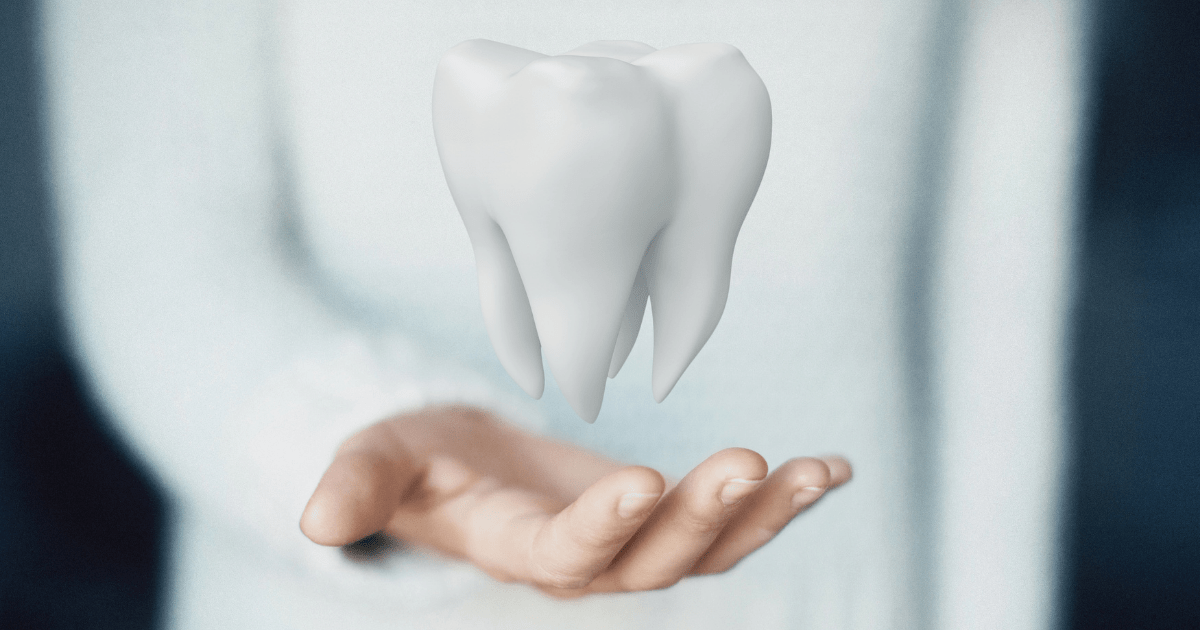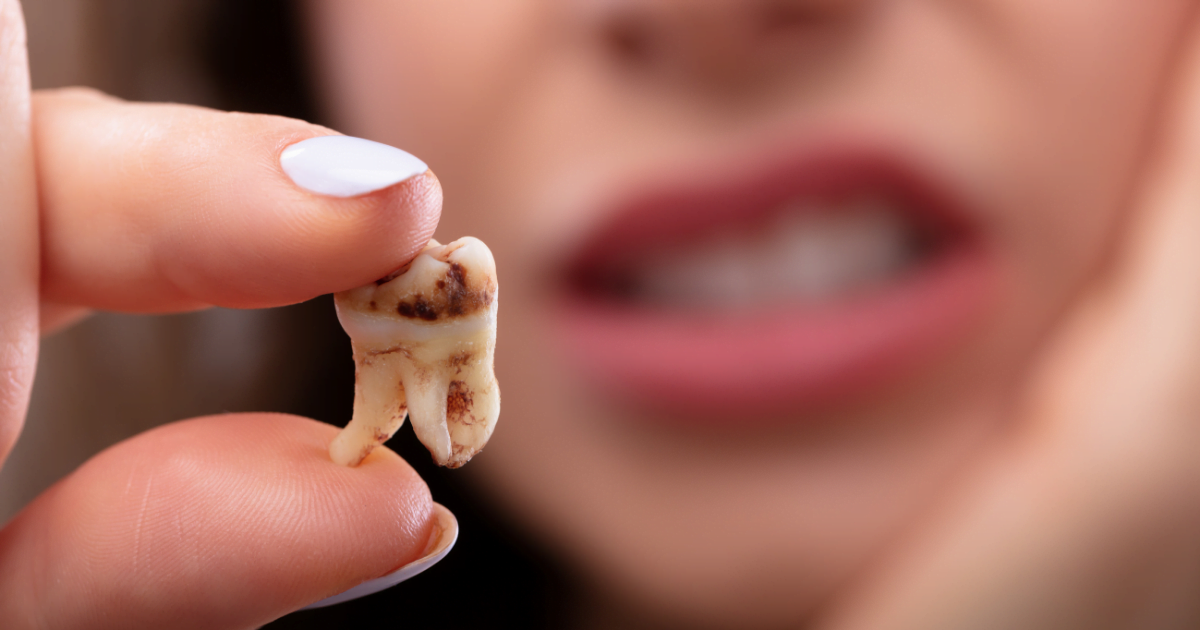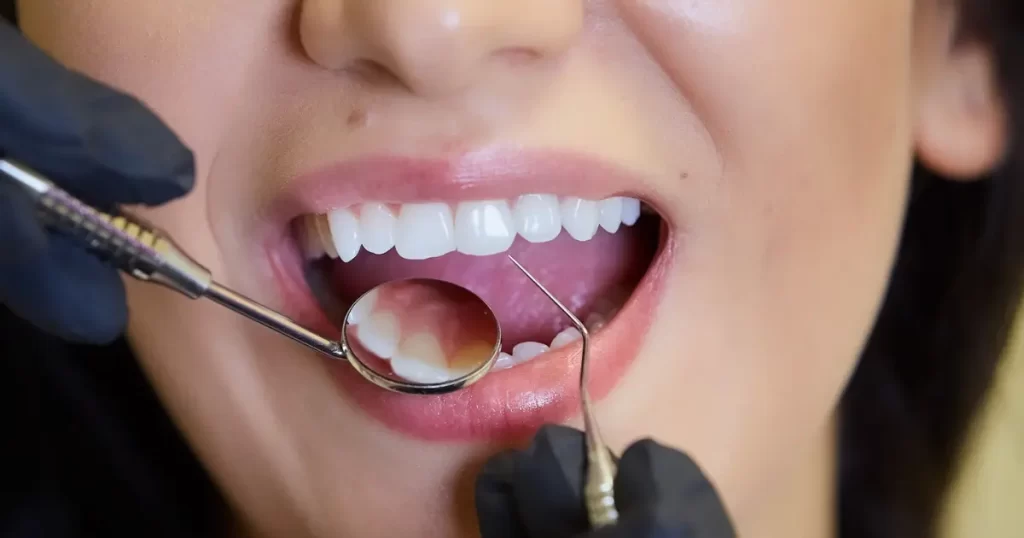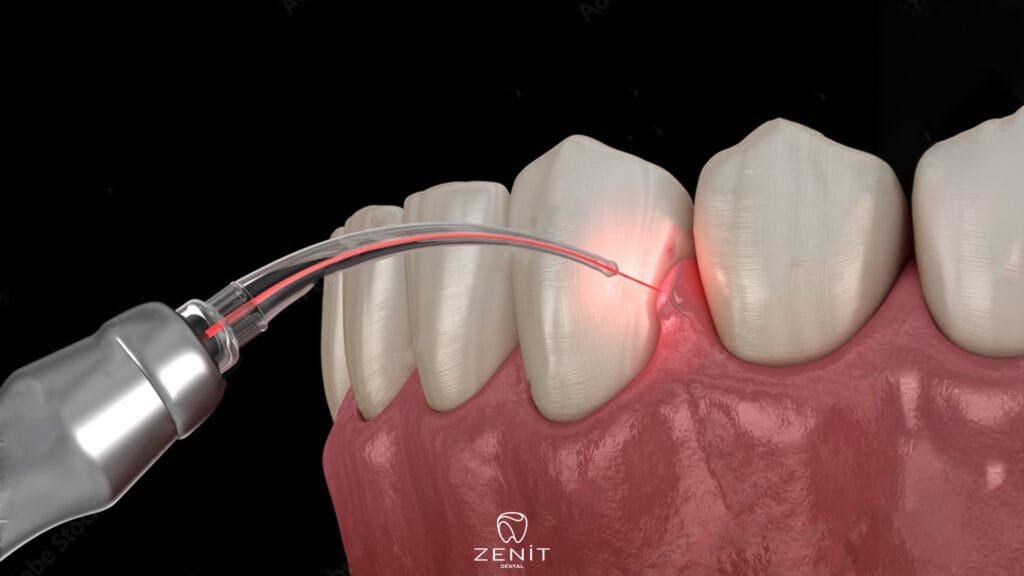Dental erosion and wear impair the all structure of your smile. Increasing your risk for tooth decay, dental chips, cracks, infection around the tooth. The loss of tooth enamel caused by acid assault is knows as erosion. Enamel is the tooth’s hard, protective layer. Which safeguards the delicate dentine beneath. When enamel wears away, the underlying dentine becomes exposed. It can cause discomfort and sensitivity.
Consuming meals and beverages that are rich in sugar and acid can erode the enamel to teeth with time. Enamel erosion takes time, so if you end or reduce your consumption of sugary foods and beverages. Maintain a healthy smile, you should be able to prevent the bulk of enamel erosion. We recommend avoiding prolonged use of sodas and fruit juices, sugary snacks. These foods and beverages to remain on teeth. Drink water! If you must consume sugary snacks. You may also rinse your mouth with water. But brush your teeth is more usefull way for clean up your teeth.
What Are the Causes of Dental Erosion?

A lack of vital nutrients in the diet for building healthy cells can result in enamel erosion. Also a decline in health. Inadequate nutrition and incorrect combination of meals can be reason of enamel degradation. It is also connected with eating disorders such as anorexia and bulimia. Also, other causes of dental erosion can be lists as:
- Aging
- Inadequate Oral Health
- Dry Mouth
- Acid Reflux
- Teeth Grinding
What Are the Symptoms of Dental Erosion?

Depending on the stage, enamel erosion can manifest in many ways. Some indicators include:
- Sensitivity: First stages of enamel erosion can make it painful to eat certain foods. Especially sugary ones or ones that are too hot or too cold.
- Discoloration: As enamel erodes and more dentins becomes exposed, teeth may become yellow.
- Splits and fractures: As enamel erodes, the edges of teeth grow to rough, uneven, and jagged.
- Smooth: Bright tooth surfaces or show mineral loss.
- Extreme, excruciating sensitivity: There are something in the final phases of enamel erosion. teeth become particularly sensitive to hot and cold temperatures and to sugary substances. You may experience a severe jolt that causes you to lose your breath.
How Is Dental Erosion Treated?

Erosion of the teeth may not usually need treatment. Your dental team can prevent condition get worse and erosion from progressing. Frequent examinations and guidance use for that. If a tooth does need treatment. it is a necessary to preserve the enamel and dentine below to avoid discomfort.
Attaching a filling to the tooth is enough to restore it. In more severe situations, the dentist may be to need to apply a veneer. Use a toothbrush with soft bristles and brush softly. After ingesting acidic things to eat, wait at least a half-hour before cleaning your teeth. Rinse with water following consumption of acidic foods and beverages.
Consuming acidic foods or beverages is a threat for teeth. That’s why, it is best to consume them around mealtimes to protect your enamel. You may also substitute orange juice with less acidity. Use a straw while drinking acidic beverages. The straw directs fluids to the rear of the mouth, away from the teeth.
How To Prevent Dental Erosion?

Patients can avoid dental erosion in a few ways. For better oral health, patients can use some chemical things. Like altering toothpaste, mouthwash, gel, or fluoride toothpaste. For tooth erosion caused by acidic foods and beverages. So patients should limit those to mealtimes or avoid them altogether. Also patient should quit consuming sugary thing.
If caused by regurgitation, an eating issue or alcoholism. The patient should be to send to a psychologist. If the patient has gastroesophageal reflux disease (GERD), refer them to their doctor.
Snacking throughout the day raises the likelihood of developing cavities. After consuming meals heavy in sugar, the tongue feels acidic for several hours. Avoid munching until you can rinse your mouth and wash your teeth.
Chew gum without sugar between meals. Chewing gum increases salivation by up to 10 times the typical rate. Beneficial elements in saliva assist to build teeth. Choose sugar-free gum containing xylitol. Which has been demonstrates to lower acidity in drinks and meals.
If you have low saliva volume or dry mouth, drink extra water throughout the day. Use a gentle brush. Try to avoid vigorous brushing. And wait at least one hour before brushing after consuming acidic meals or beverages. They soften the enamel and make it more susceptible to brushing damage.
If you don’t want to have dental erosion, you must follow the advices.






